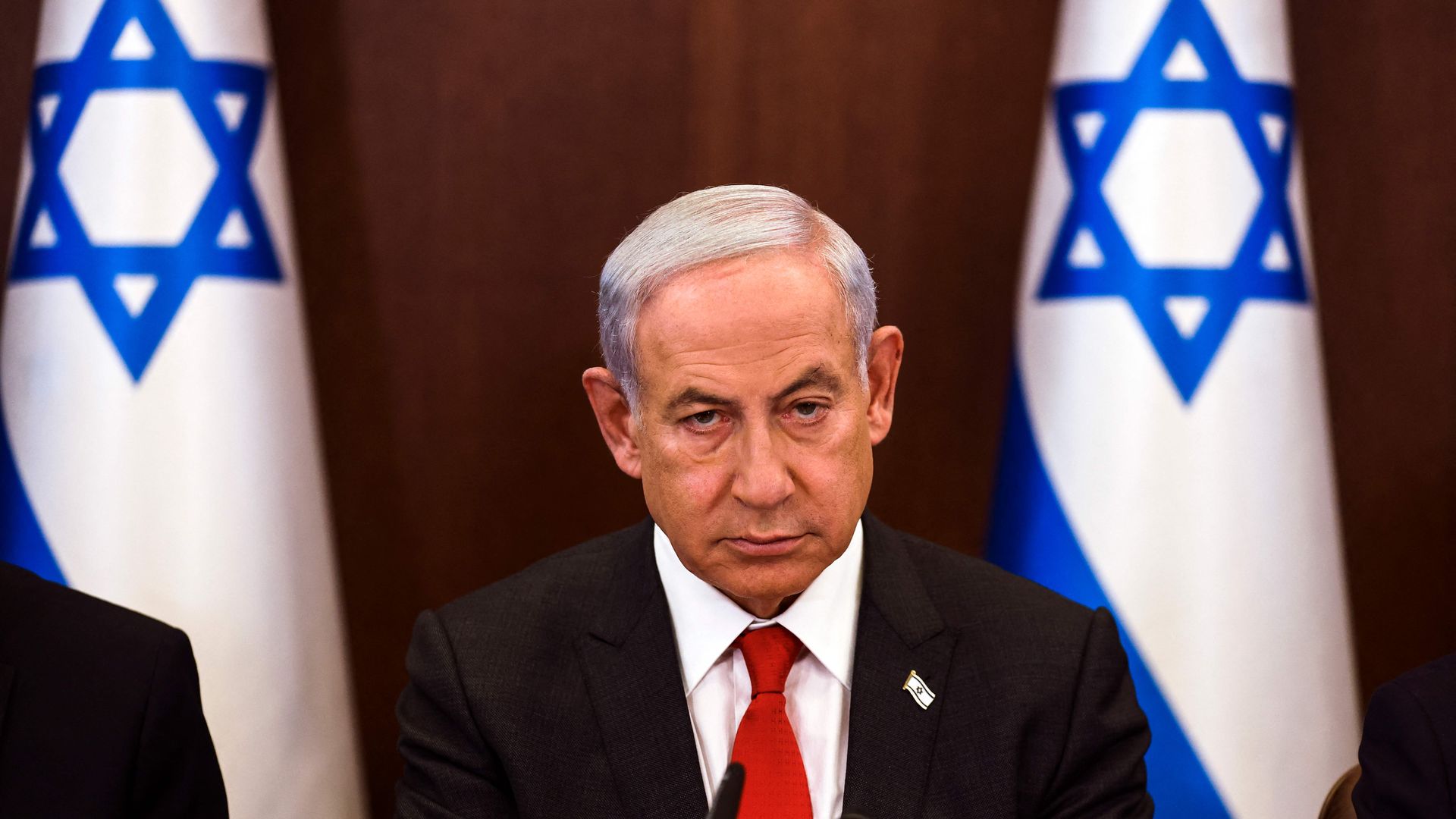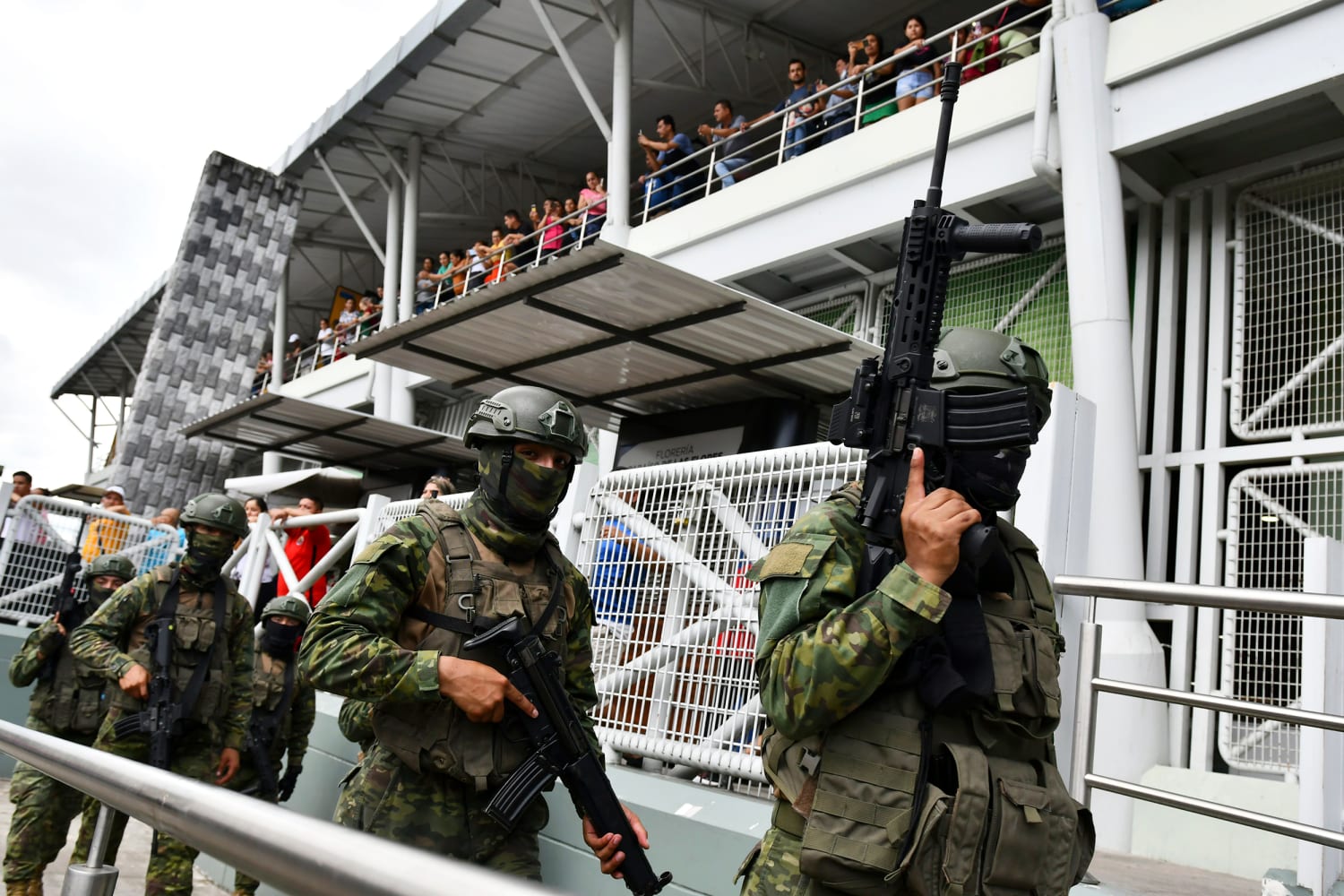Italy Sees Nationwide Disruption Amid Gaza Anger
Italy was brought to a standstill this week as tens of thousands of people staged a general strike and mass demonstrations over the war in Gaza. From the bustling streets of Milan to the ports of Genoa and the historic squares of Rome, ordinary life was disrupted in a show of solidarity with Palestinians — and a sharp rebuke of Prime Minister Giorgia Meloni’s government, which has firmly aligned itself with Israel.
A Nationwide Strike That Became a Political Flashpoint
The strike, initially organized by grassroots unions and student groups, quickly evolved into one of the most significant political protests Italy has seen in recent years. Workers walked out of schools, factories, and transport services, paralyzing parts of the economy. Dockworkers in Genoa and Livorno refused to handle shipments they suspected might contain military equipment destined for Israel, while students flooded campuses with banners declaring “No war in our name.”
By midday, more than seventy municipalities had reported disruptions. Train stations in Milan and Turin were swarmed by sit-ins, buses and trams in Naples were halted by protest lines, and entire stretches of highway were temporarily blocked by convoys of demonstrators. The sight of Italian flags waving alongside Palestinian ones underscored that this was more than a labor strike: it was a challenge to Italy’s foreign policy direction.
Meloni’s Support for Israel Under Fire
At the heart of the anger is Meloni herself. Since taking office, she has positioned Italy as one of Israel’s staunch allies in Europe. She has defended Israel’s military campaign as an act of self-defense after the October 2023 Hamas attacks, arguing that any sovereign nation has the right to protect its citizens from terrorism.
Although Meloni has occasionally urged restraint and called for humanitarian corridors, she has rejected proposals to freeze arms sales to Israel or to push for unilateral recognition of a Palestinian state. Her emphasis has been on security, stability, and alliance politics — aligning with the United States and other pro-Israel voices within the EU.
For demonstrators, this stance is intolerable. Many accuse Meloni of turning a blind eye to mounting civilian casualties in Gaza and of prioritizing geopolitics over human suffering. “Italy cannot be complicit in war crimes,” read one banner in Rome. Another, unfurled by dockworkers, declared: “Our ports will not ship death.”
Clashes and Condemnations
While the majority of protests remained peaceful, several cities saw violent confrontations. In Bologna, riot police deployed water cannons to clear a blockade that had paralyzed traffic. In Milan, protesters clashed with officers near the central train station, where authorities reported attempts to damage property and push through barriers.
Dozens of protesters were arrested, and several police officers were injured. The images of smoke, pepper spray, and baton charges dominated Italian news broadcasts, framing the protests not only as a moral stand but as a test of law and order.
Meloni swiftly condemned the violence. “Destroying our cities helps no one, least of all the civilians in Gaza,” she said in a televised statement. She described the perpetrators as “pseudo-protesters” and “hooligans,” accusing them of exploiting the Palestinian cause to sow chaos. Her government, she insisted, would not change course under pressure from the streets.
The EU Dimension: Recognition of Palestine
Yet the protests in Italy cannot be viewed in isolation. Across Europe, momentum has been building for greater recognition of Palestinian statehood. In recent months, countries such as Spain, Ireland, and Norway have formally recognized Palestine, arguing that peace requires acknowledging both peoples’ right to statehood.
Within the European Union, the debate is far from settled. Some member states fear recognition could undercut negotiations, while others argue it is a necessary step to break the cycle of violence. Italy, under Meloni, has resisted unilateral recognition, warning it could be “counterproductive” without security guarantees for Israel.
But the scale of the protests has placed Meloni in a difficult position. Domestically, public opinion is shifting — with polls showing growing sympathy for Palestinians, especially among young Italians. Internationally, Italy risks being perceived as out of step with parts of the EU if it continues to block recognition while others move forward.
As one political analyst noted, “Meloni’s government has made Israel a symbol of its foreign policy identity. But the longer the war drags on, the more costly that choice becomes — both on the streets of Italy and in Brussels.”
A Growing Domestic-Foreign Policy Divide
The demonstrations highlight a widening gap between Italy’s government and its people. For protesters, the Gaza war is not a distant conflict but a test of moral responsibility. For Meloni, it is a matter of security, alliances, and credibility on the world stage.
This tension is unlikely to fade quickly. Unions have already signaled plans for further strikes if the government does not reconsider its stance, while student groups are preparing a series of university occupations in the coming weeks. Meanwhile, EU leaders will continue pressing member states toward a unified position on Palestinian statehood — a debate where Italy may find itself increasingly isolated.
Whether these protests will force a policy shift remains uncertain. But one fact is clear: Gaza has become a domestic political flashpoint in Italy, shaking daily life, testing Meloni’s authority, and pushing the country into the center of Europe’s debate over how to achieve peace in the Middle East.




